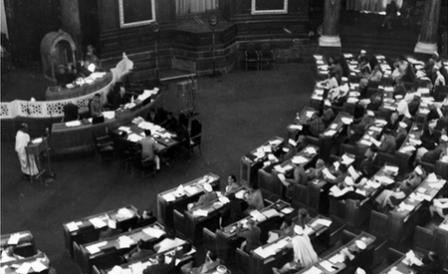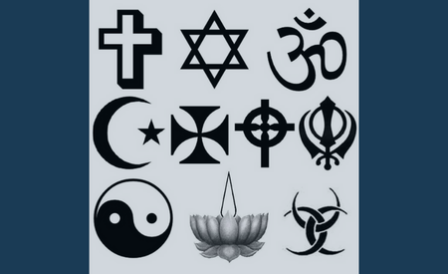Introduction
Welcome to this learning module where we will delve into the Uniform Civil Code—an envisioned set of laws that aims to regulate family and personal matters for individuals, irrespective of their religious, faith or caste identities.
Currently, personal laws derived from religious doctrines govern these aspects, including marriage, divorce, adoption, child custody, inheritance, and more. However, the Uniform Civil Code seeks to establish a uniform set of laws that applies consistently to all citizens in Indian society.
Article 44 of the Constitution of India endorses the idea of a Uniform Civil Code, stating, “The State shall endeavor to secure for citizens a uniform civil code throughout the territory of India.”
Why did our Constitution-Framers include this provision?
Assignment
Please complete the attached worksheet, which will enable you to trace the contours of the debate in the Constituent Assembly regarding the Uniform Civil Code. The questions are designed to encourage you to engage with a variety of primary and secondary materials available on the site. These materials may include transcripts of the Constituent Assembly Debates, biographies of our Constitution Framers, and Historical Constitutions, which can be accessed through the advanced search function.
Note to Educators
We recommend that you juxtapose contemporary strands of arguments on the uniform civil code with those discovered by the students from the Constituent Assembly Debates and allow them to identify similarities and differences. Additionally, you could encourage students to locate these arguments within their respective historical, social, and political contexts.


